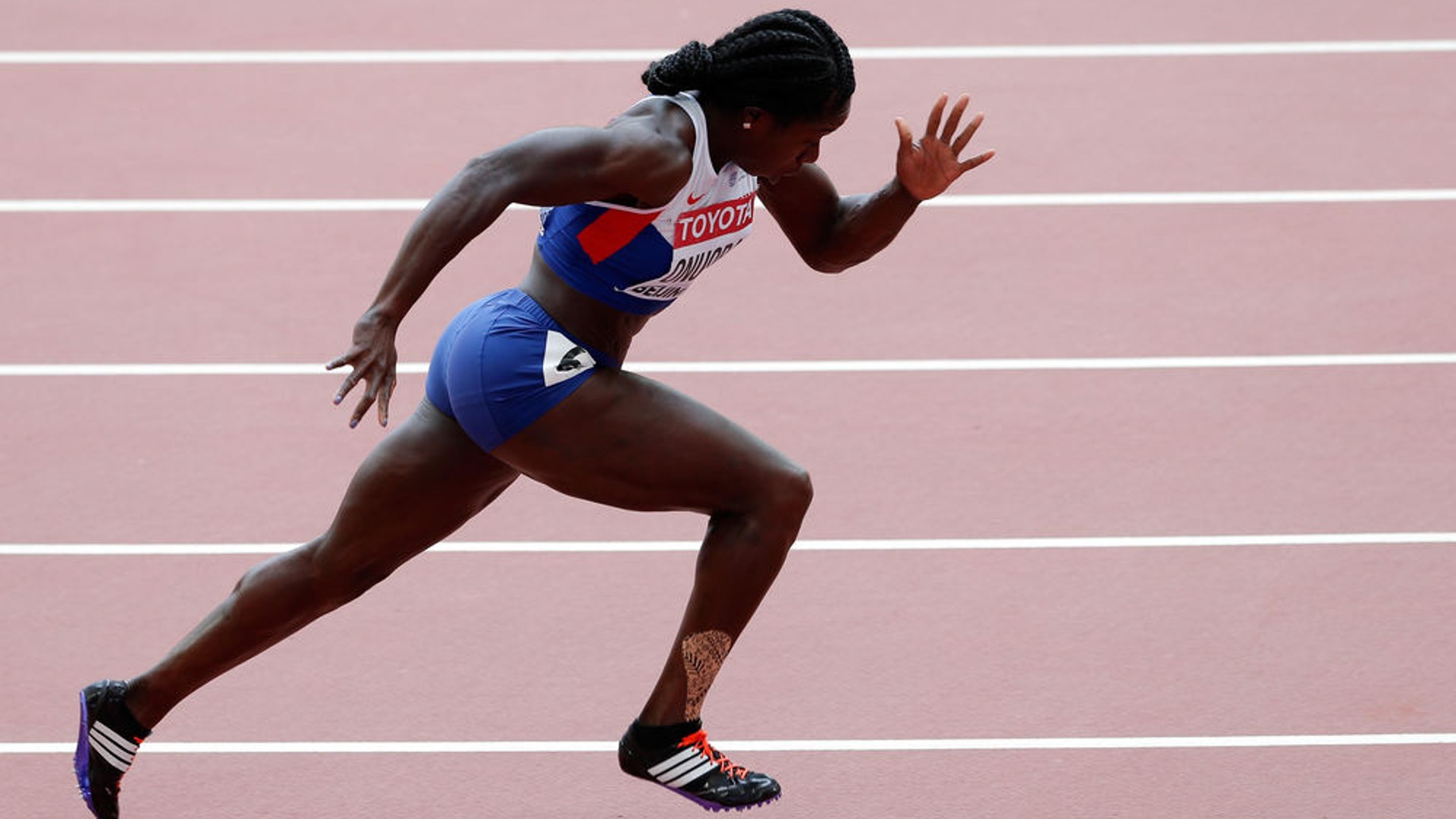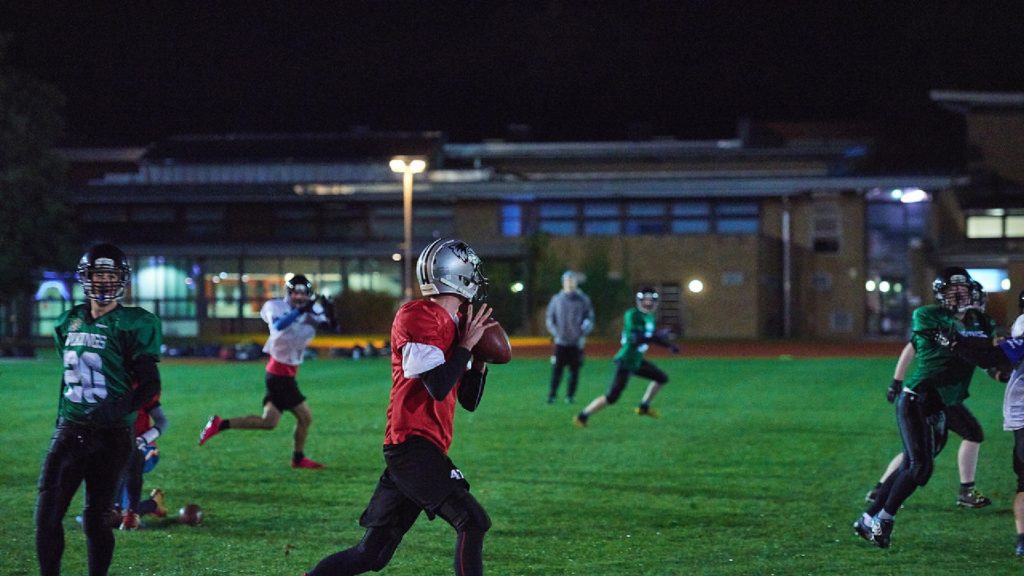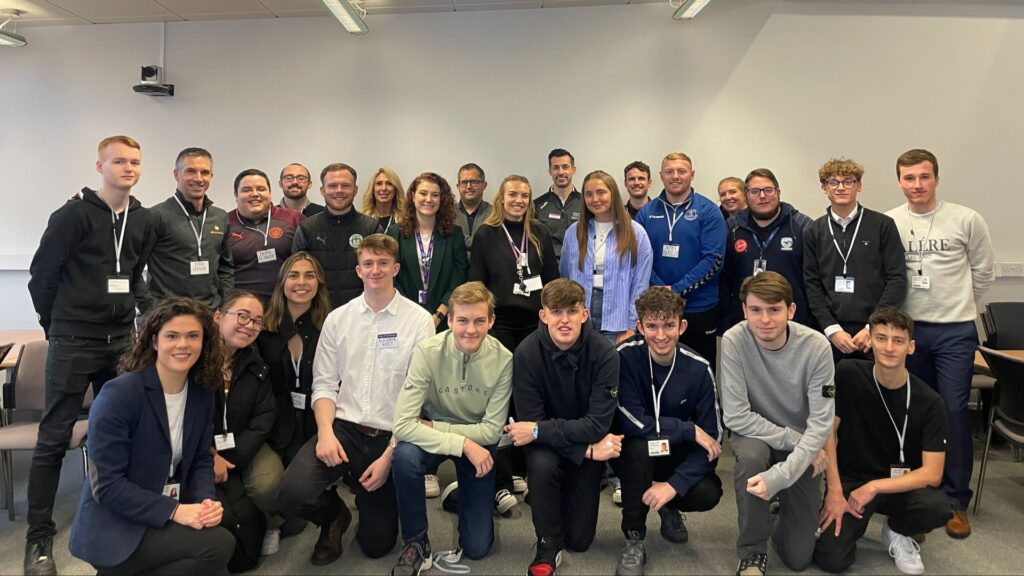Anyika released her autobiography My Hidden Race earlier this year, revealing her shocking experience of racism, discrimination and sexual abuse, and the impact on her mental health.
The athlete, whose proudest moment was winning a bronze medal in the 4 x 400m relay at the 2016 Olympic Games in Rio, hopes to inspire the Edge Hill community and members of the public with her determination to transform hardship into motivation.
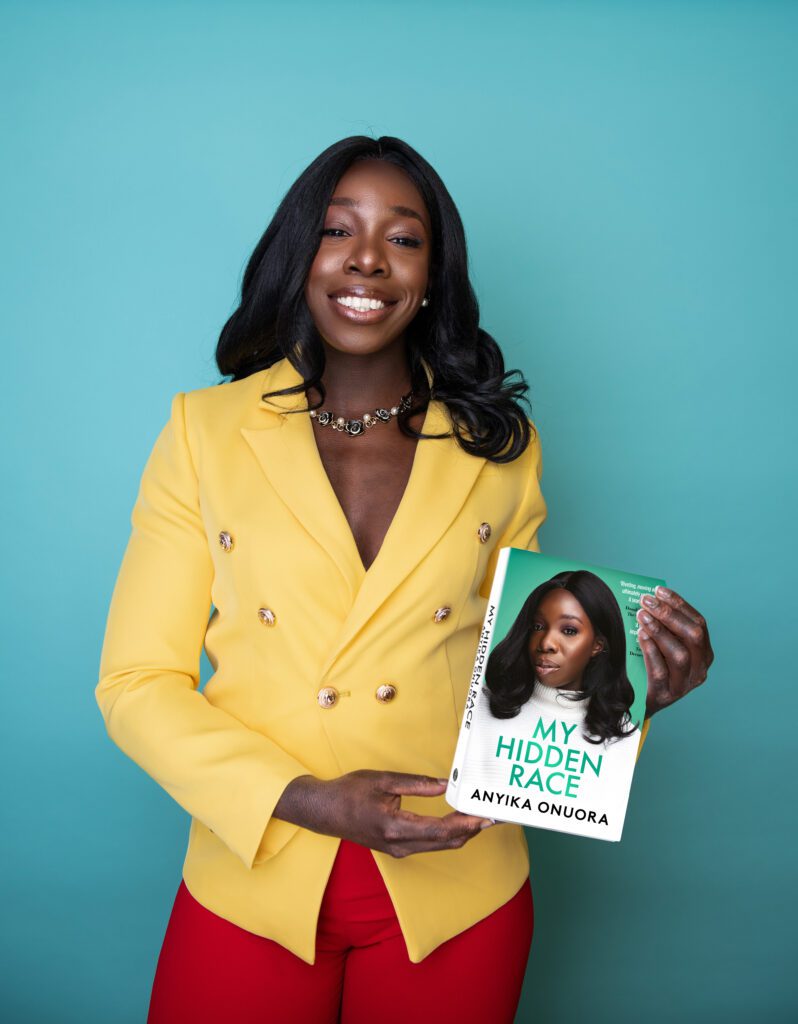
“Those experiences definitely made me more determined as well as focused. I wanted to make sure I experienced joy and happiness in a career that was fulfilling and I’m proud to say I achieved that in spite of what I had to endure.”
The former athlete’s visit to the Ormskirk campus is a highlight of Edge Hill’s celebration of Black History Month.
Anyika will discuss her journey from Liverpool schoolgirl to Olympic athlete, while highlighting the problems that still exist within athletics and asking serious questions of British society and sport.
Ahead of the event she shared some advice for students who are exploring their ambitions.
“Just try things out. I know it’s a cliché but you don’t know unless you try, you just have to start. For me, I just had to start running, really running. And then the next step doesn’t seem so hard.
“Don’t allow other people to dictate how they think it’s going to be for you. Just give it a go and if you can’t do it, you can’t, you move onto something else that’s going to be bigger and better. Trying is crucial in whatever it is that you want to do.
“Take your time but also make sure you find time to enjoy the process.”
Anyika said she was “overwhelmed” by the response her book had received and said she hoped her honesty would empower others to speak more openly about their own experiences, while acknowledging that people have to feel ready and supported to do so.
“Just speaking about it really helps. People weren’t necessarily aware of what I was dealing with, even people who’d been around me for years. But my friends and my family helped a lot, and therapy helped because sometimes it’s nice to speak to someone who’s completely unbiased.”
While Anyika admits her experience of racism and sexual assault had a huge impact, her achievements on the track are an undeniable reminder to young people that you do not have to be defined by those experiences, you can achieve your dreams in spite of them.
My Hidden Race is also frank in its criticism of track and field sport, particularly in the treatment of black women.
“In terms of how track and field has been marketed it has been pretty diabolical compared to other sports,” Anyika added.
An overemphasis on Usain Bolt has overshadowed the achievements of younger athletes, she suggests, and the lack of focus on women of colour in marketing campaigns and in “back office” roles can make aspiring athletes feel at best under-represented and at worst unwelcome.
“I would like to think it’s getting better, it’s a lot better than it was back in my day but in terms of overall equality for black women, women of colour, especially dark-skinned women like me, it’s not always seen as equal. We’re not always given the opportunity to be in those spaces.”
She points to the success of other women’s sport – the England Women’s football team’s 2022 Euro win and the explosion of interest in women’s rugby, cricket and netball – and hopes that women’s track and field will enjoy the same success.
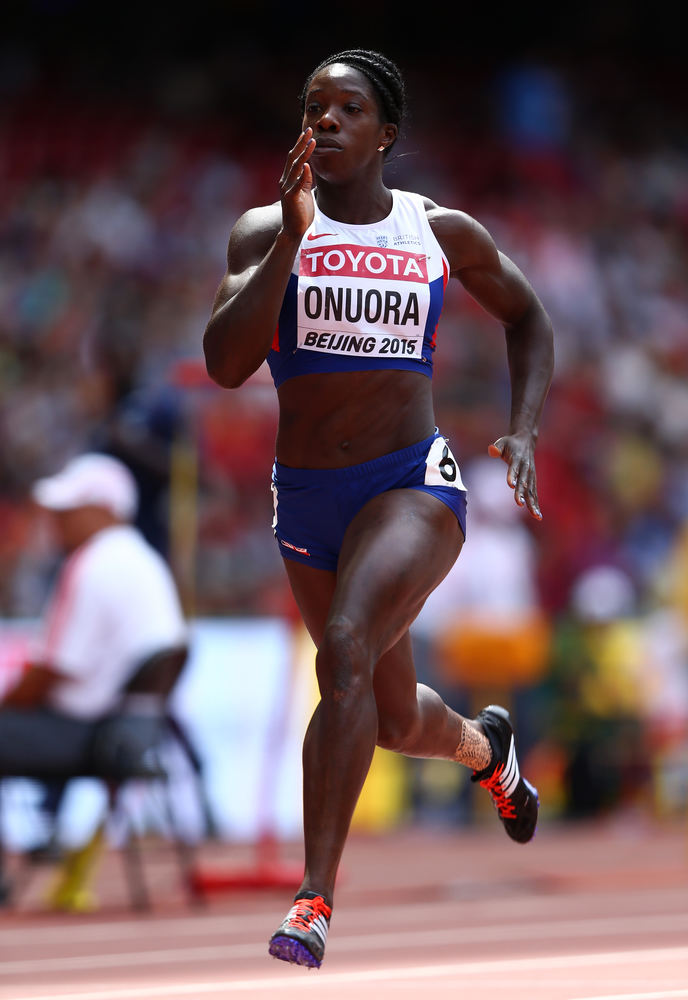
A proud Scouser, Anyika, whose parents are originally from Nigeria, still calls Liverpool home, although she splits her time between her hometown and London.
Despite suffering persistent racist abuse when her family lived in Dingle, she still talks fondly of the city she grew up in.
“I love coming back to Liverpool, when I get to Lime Street or the end of the motorway I’m like ‘yes, I’m home’. Or I’ll see a girl with rollers in her hair and pyjamas in the middle of the day and I’m like ‘this is everything’.
“Growing up I would never go to certain areas of the city because it just wouldn’t be safe for me but I feel like a lot of the very white areas have become more multicultural and more accepting.
“Liverpool still feels like a real community. People always come out and support each other, as a city they rally round. I just love it.”
My Hidden Race – In Conversation with Anyika Onuora will feature readings from Anyika’s book and an audience Q&A led by Dr Jenny Barrett, co-founder of Edge Hill’s International Centre on Racism.
The event, taking place as part of Edge Hill’s Black History Month celebrations, takes place on Tuesday 18 October at 1pm in The Arts Centre, Edge Hill University. Registration and refreshments from 12.30pm, book tickets here.
Other activities taking place around campus include a talk by writer, singer, actor and producer Tayo Aluko, who will look at a survey of artists from the African Diaspora who have historically and currently use their arts in the fight against oppression and white supremacy.
A gallery of photographs to celebrate Black culture, coming together as one community, anti-racism movements and thriving in the face of adversity is also on display in the Main Building and students have chosen a number of Black icons to celebrate with displays around campus.
October 5, 2022
